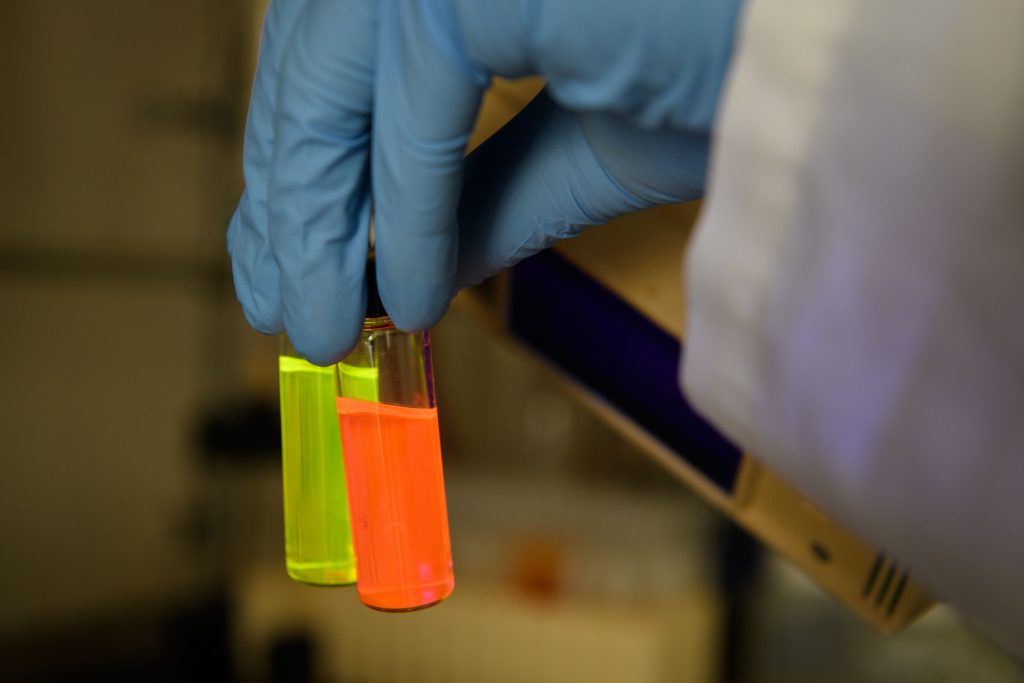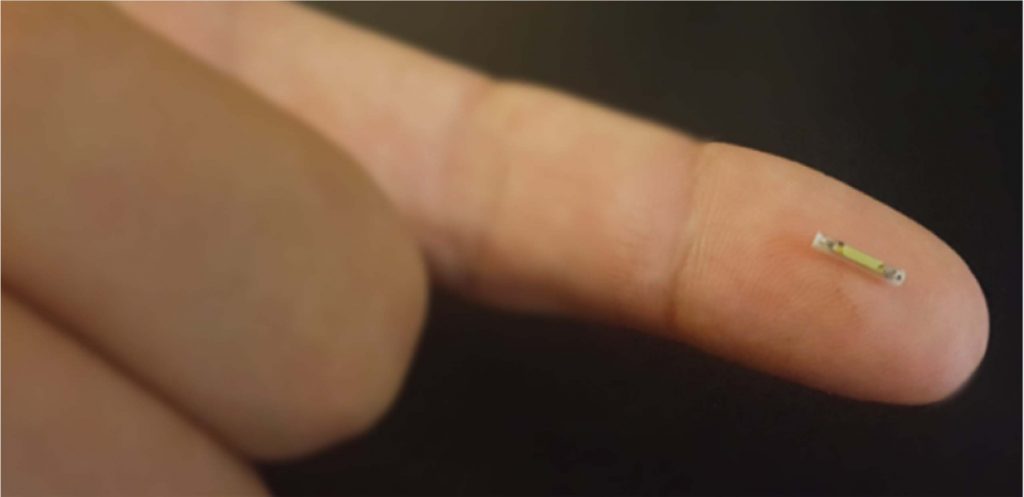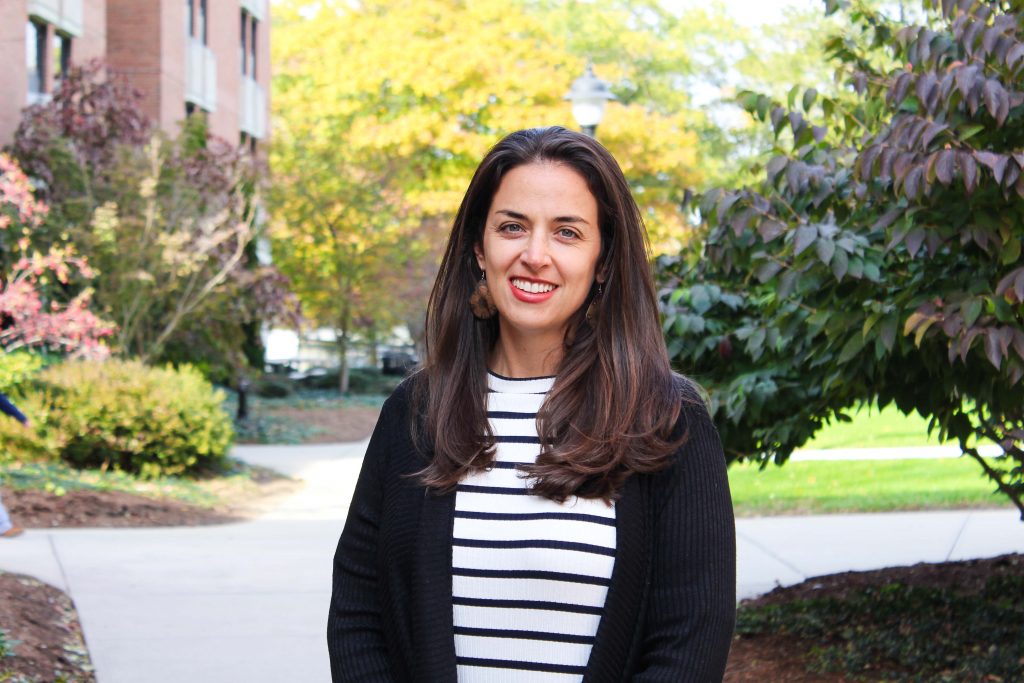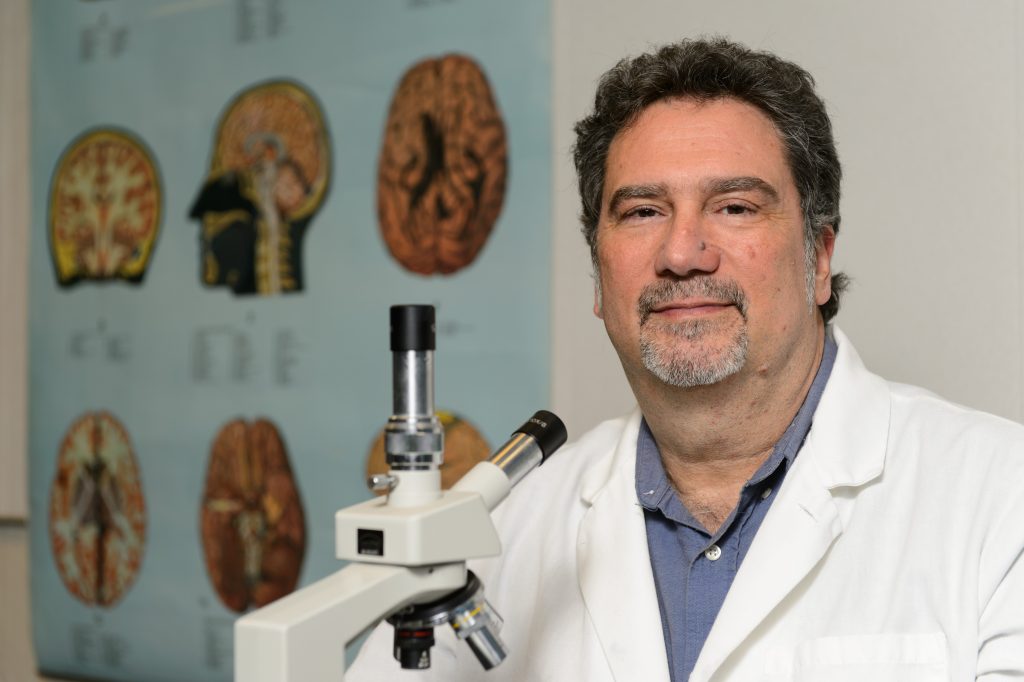Research & Discovery
UConn Startup Wins R&D Grant for Voltage-Sensitive Dyes
Potentiometric Probes, a biotech startup based on UConn Health technology, has received a grant from the National Institutes of Health (NIH) to develop a new class of voltage-sensitive dyes.
November 15, 2018 | Jessica McBride, PhD
Black Students Who Have One Black Teacher Are More Likely To Go To College
The influence of having a black teacher can make a monumental difference in a black student’s life, and the effect begins early in an education, according to a new study co-authored by UConn's Joshua Hyman.
November 14, 2018 | Mike Enright, University Communications, & Jill Rosen, Johns Hopkins University
5 Takeaways on Exercise Guidelines by Age
UConn's Linda Pescatello and other top researchers nationwide authored the latest edition of the Physical Activity Guidelines for Americans, released this week.
November 14, 2018 | Combined Reports
UConn Spinout, Biorasis Receives $3M from Helmsley Charitable Trust
Invented by UConn professors, Biorasis’ technology responds to significant clinical and societal needs related to Type 1 diabetes, which affects over 30 million Americans.
November 14, 2018 | Jessica McBride, PhD
The History of the Largest Foreign-Born Population in the State
Historian Fiona Vernal traces the beginnings of Connecticut's West Indian population back to the 1940s, when they came as guest workers replacing Americans who had left their jobs to fight in World War II.
November 14, 2018 | Kenneth Best
Meet the Researcher: Lisa Eaton, Human Development and Family Studies
Researcher Lisa Eaton has dedicated her career to combating the HIV/AIDS epidemic among gay/bisexual black men in the southeastern United States.
November 13, 2018 | Anna Zarra Aldrich '20 (CLAS), Office of the Vice President for Research
Meet the Researcher: Lisa Eaton, Human Development and Family Studies
Wandering through a graveyard on a genealogical expedition with her father, a young Lisa Eaton noticed tombstone after tombstone of young mothers and their babies from centuries ago. Her father told her: “We’re just getting out of the dark ages of medicine.” These early adventures had a lasting impact on Eaton, who has since dedicated […]
November 13, 2018 | Anna Zarra Aldrich '20 (CLAS), Office of the Vice President for Research
Why Clients Stop Going to Therapy
'People still hesitate. They think they should be able to resolve their own issues,' say UConn Human Development and Family Studies researchers.
November 13, 2018 | Mike Enright '88 (CLAS), University Communications
Sacred Space in Short Supply at Arlington National Cemetery
Arlington National Cemetery holds a place in the American national imagination unlike any other location in the country, says history professor Micki McElya. But it's running out of space.
November 12, 2018 | Kenneth Best
Moving the Motivation Meter
UConn researchers led by behavioral neuroscientist John Salamone have found that two experimental drugs boost motivation in rats, pointing the way to potential treatments.
November 8, 2018 | Kim Krieger








